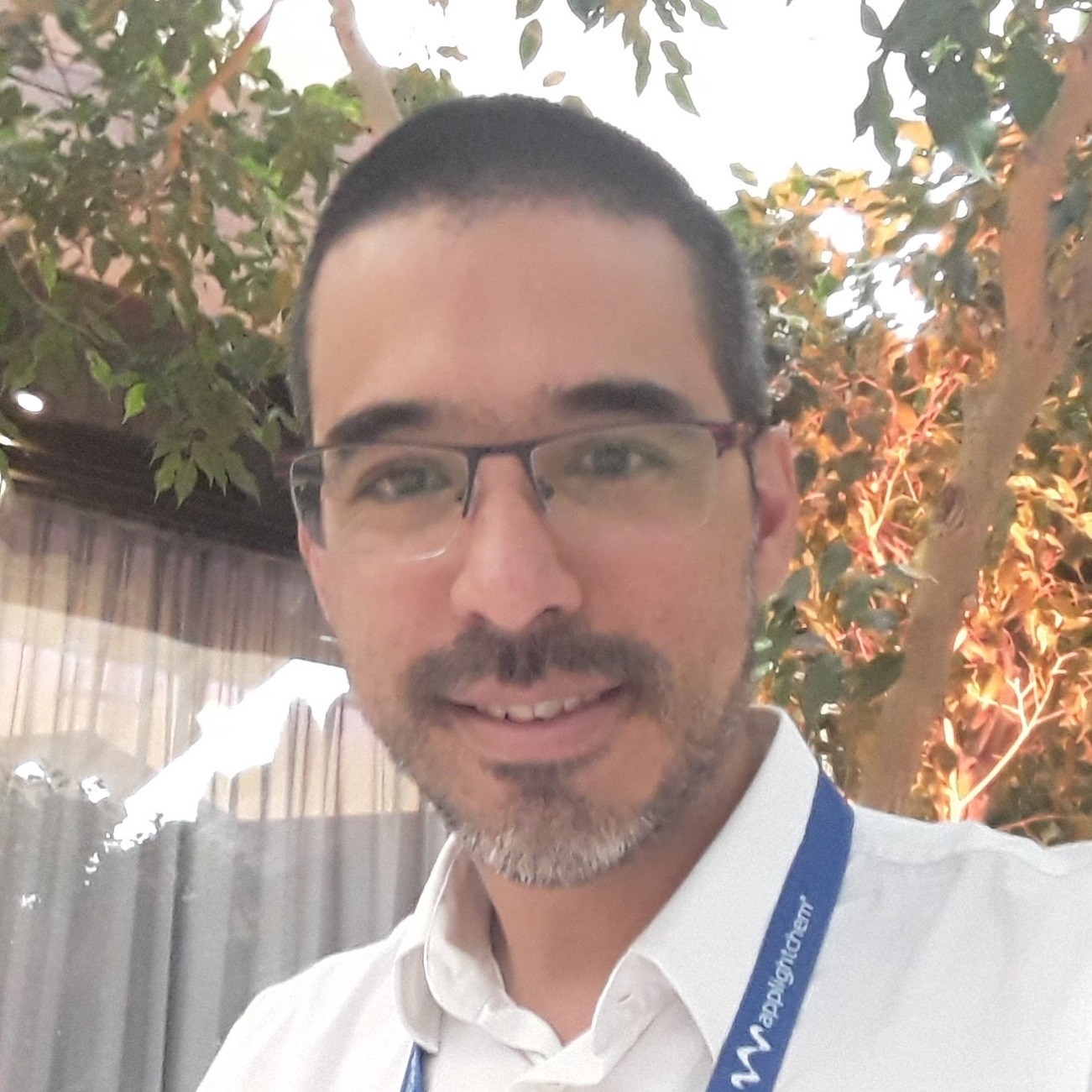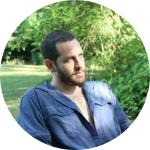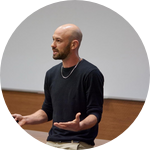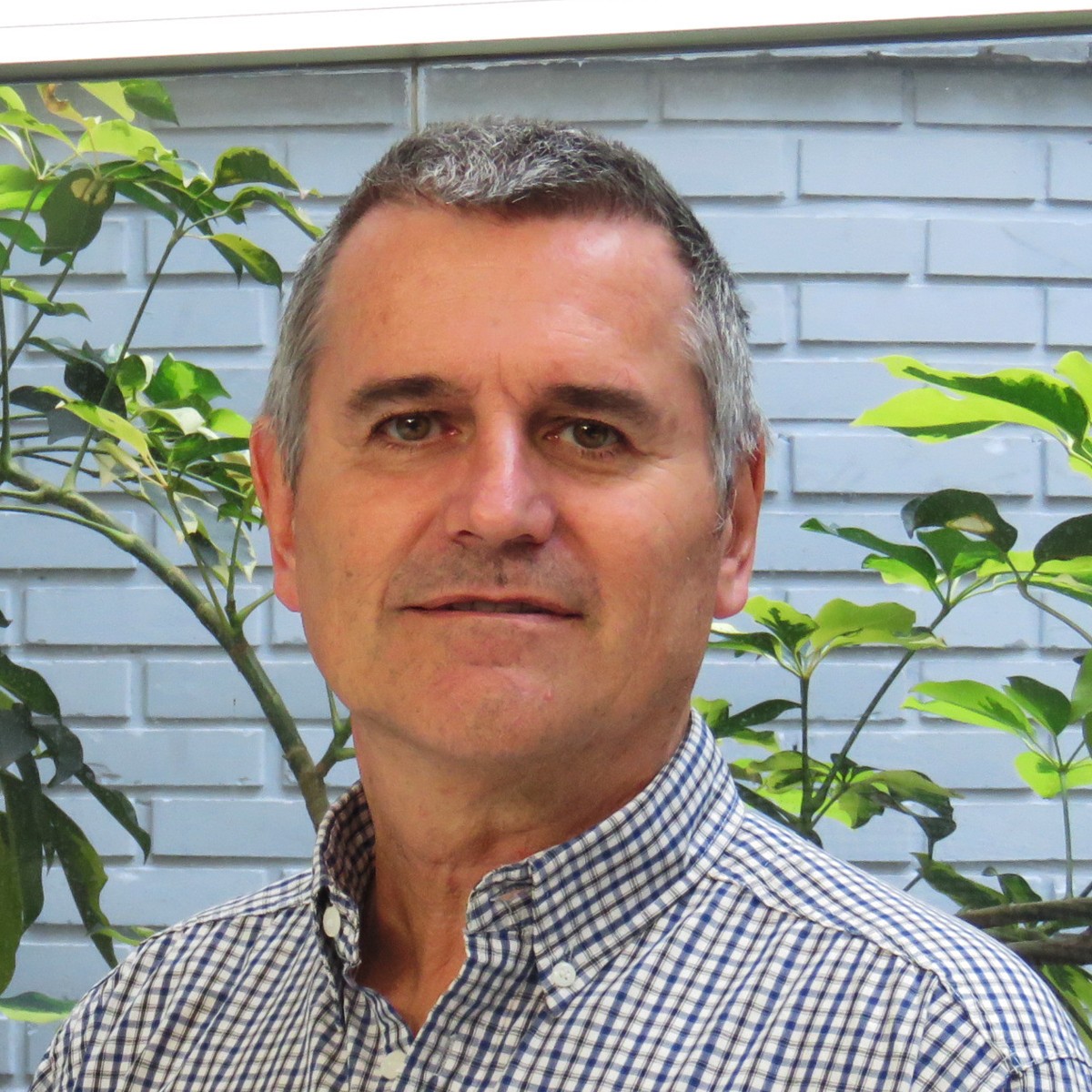About This Project
The project is focused on the impact of worldwide pesticides (like glyphosate) on human health, particularly on the immune system. First, the immune system is crucial not only to prevent infections but to control tumor development. Second, evidence suggests that people exposed to pesticides are more likely to develop cancer. By performing experiments with isolated human cells and lab animals we will study if pesticides are affecting the human immune system's ability to attack tumors.
Ask the Scientists
Join The DiscussionWhat is the context of this research?
In Argentina, the use of pesticides is increasing each year, reaching more than 240 tons in 2021 . Far from being a national issue, the food industry in the US is also heavily dependent on pesticide application. In 2021, the US applied 460 tons of pesticides. Moreover, as Argentina is the main exporter of soy beans (loaded with pesticides) for animal feed, europeans and asians are also exposed to these chemicals in their food. It has been recently shown that glyphosate is present in the urine of 85% and 35% of Argentineans and Europeans, respectively. Worryingly, it is becoming clear that pesticide exposure is associated with cancer and that the impact on the health of pregnant women and children is of great concern.
What is the significance of this project?
People are exposed to pesticides through the air, drinking water and food. Hence, many of these compounds have been detected simultaneously in the body of not only farmers but also urban citizens in Europe, the US, and Argentina. Of note, children and pregnant women are at a higher risk. Little is known about the effects of pesticides on human health and even less about the impact of pesticide mixtures. Notably, general population in Europe and Argentina have between 6 to 10 different pesticides in their urine. Since the immune system is crucial in preventing cancer, studying pesticide combinations is a valuable way to fully understand how harmful pesticides are.
What are the goals of the project?
Our hypothesis is that pesticides at low doses damage the immune cells' ablity to attack tumors. We will perform three experimental approaches to test this hypothesis. First, cells from human healthy donors blood will be treated with pesticides and we will analyze immune cell function alterations. We have already started with this approach and we have interesting results we wish to share! Second, we will compare immune cell functions from individuals non-exposed and exposed to pesticides to adress if there is an association between exposure and immune alterations. And finally, we will compare the immune functions from mice exposed and non-exposed to pesticides in drinking water. We will analyze particularly the capacity of immune cells isolated from both groups to destroy tumor cells.
Budget
We live in a developing country where only 0.34% of the GDP (during 2023) is assigned to Research and Development. Also, a constantly increasing inflation and a highly devaluated national currency makes scientific research at least challenging. Almost every laboratory equipment, biological and chemical reagents are sold in Argentina in dollars or euros because they are produced in the US or in Europe. That is why it is so expensive for us to be properly equipped.
To generate meaningful evidence, we need to perform experiments both with human cells (cell cultures) and animal models. We follow strict standards of Animal Welfare controlled by specialists guided by the “3Rs alternatives”: replacement, reduction, and refinement of animals used in research. Finally, these results must be published in high-impact international scientific journals to create awareness about the necessity of big changes in pesticide regulation in Argentina and other parts of the globe.
Endorsed by
 Project Timeline
Project Timeline
We will isolate immune cells from blood of healthy donors, incubate them with pesticides (alone or combined) and explore the impact of such exposure on their ability to kill tumor cells. Next, we will treat mice with pesticides (alone or combined) and explore the impact of such exposure on their immune system. Finally, we expect to publish the obtained results in international peer-reviewed journals.
Feb 02, 2024
Project Launched
Mar 30, 2024
Perform human cell culture experiments.
Jul 30, 2024
Summarize, analyze and discus results, write the manuscript and publish data in an international peer-reviewed journal.
Dec 30, 2024
Perform lab animals experiments.
Meet the Team
Affiliates
Affiliates
Affiliates
Dr Adrian Friedrich
I’m an argentinean, biochemist, immunology teacher, and a passionate scientist. I've got my PhD 5 years ago working on the role of the immune system (IS) at the gut in the context of skin cancer. Studying the IS is a wonderful endless journey, where I keep learning amazing new things and meeting amazing enthusiastic people. I had the honor of getting a Fullbright Fellowship to travel to the US where I did interesting experiments at Pittsburgh University.
As a youg immunologist I have published my work in prestigious journals such as The European Journal of Immunology, Nutrients, Oncoimmunolgy, Journal for Immunotherapy of Cancer, International Journal of Molecular Sciences, and others.
When I was thinking of my next step after my postdoc, I was sure I wanted to keep studying cancer and immunology, but in a more social-committed way. That’s when I got shocked by the fact that in Argentina cancer and cancer-associated deaths are more frequent in highly fumigated towns that in the rest of the country. I was aware that Argentina and many other developing countries’ economies depend on a huge amount of pesticides but didn´t know that the cost we are paying is people’s health.
Studying pesticides and their effects on human health is now one of my goals, and I hope it will help us to be as aware as possible of the risks we are dealing with.
Norberto Walter Zwirner
Biochemist and PhD in Biochemistry from the University of La Plata.
Superior Investigator, National Research Council of Argentina.
Director of the Laboratory of Physiopathology of Innate Immunity, at the Institute of Biology and Experimental Medicine (IBYME) in Buenos Aires.
Associate Professor in Immunology, Facultad de Ciencias Exactas y Naturales UBA.
Our team investigates the mechanisms that affect the ability of NK cells to recognize and eliminate tumor cells. We also work on the identification and validation of new molecular targets in immuno-oncology.
He has published papers in journals such as The Journal for ImmunoTherapy of Cancer, Oncoimmunology, The Journal of Immunology, European Journal of Immunology, The Journal of Leukocyte Biology, EMBO Reports, FASEB Journal, Cancer Immunology and Immunotherapy, and others.
He served as President of the Argentinean Society of Immunology during 2016.
He serves as Associate Editor of The Journal of Immunology since 2017.
He serves as Review Editor of the NK and Innate Lymphoid Cell Biology and the Vaccines and Molecular Therapeutics sections of Frontiers in Immunology
He mentored 10 Doctoral Theses and 3 Graduation Theses, and co-mentored other 3 Doctoral Theses.
María Gabriela Orellana
I'm an Argentinian biochemistry student approaching graduation, looking forward to initiate my scientific journey. I'm also a teacher's assistant in the topic of immunology and very interested in learning how to become better at teaching.
Project Backers
- 25Backers
- 49%Funded
- $5,103Total Donations
- $204.12Average Donation





